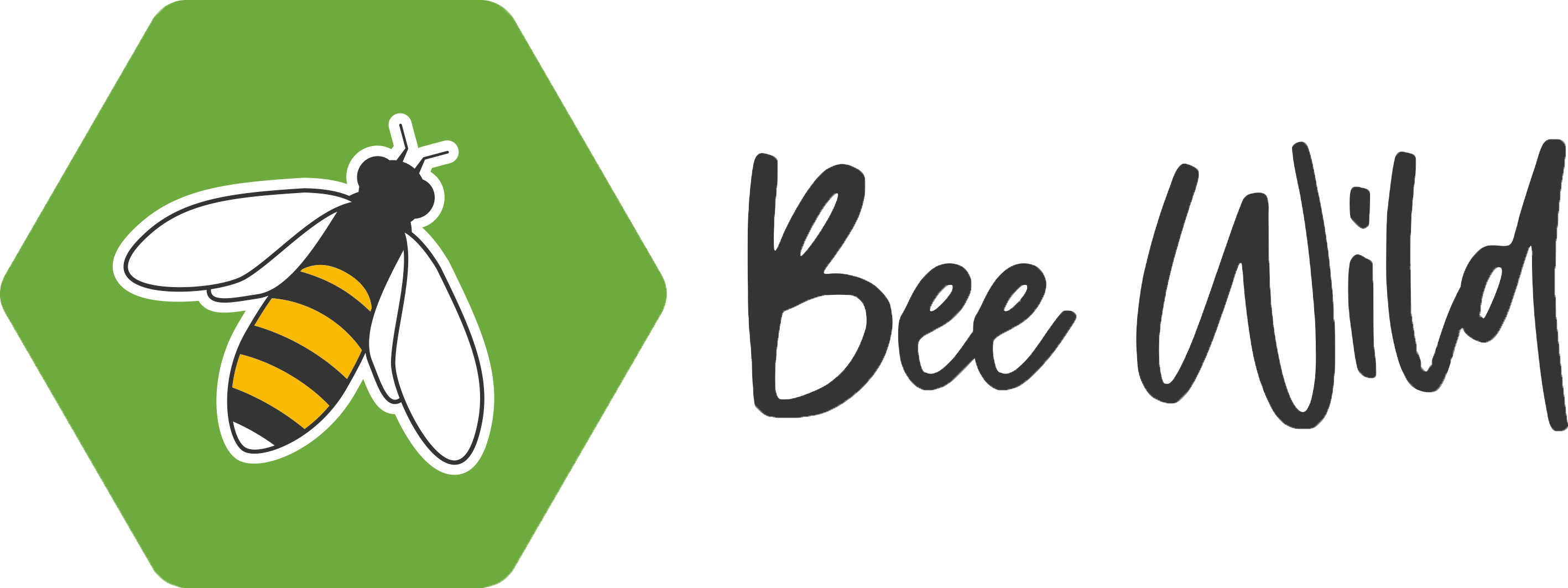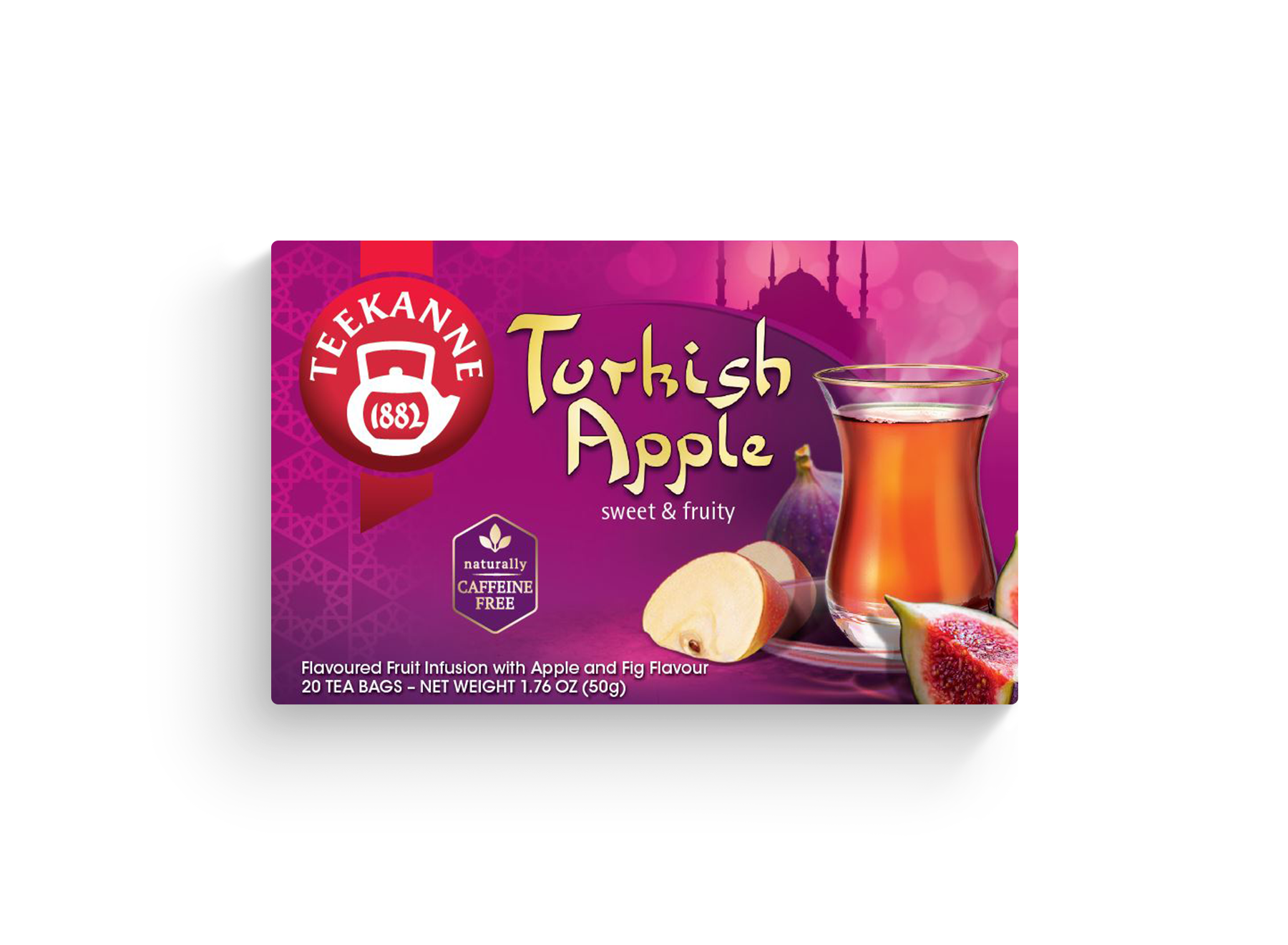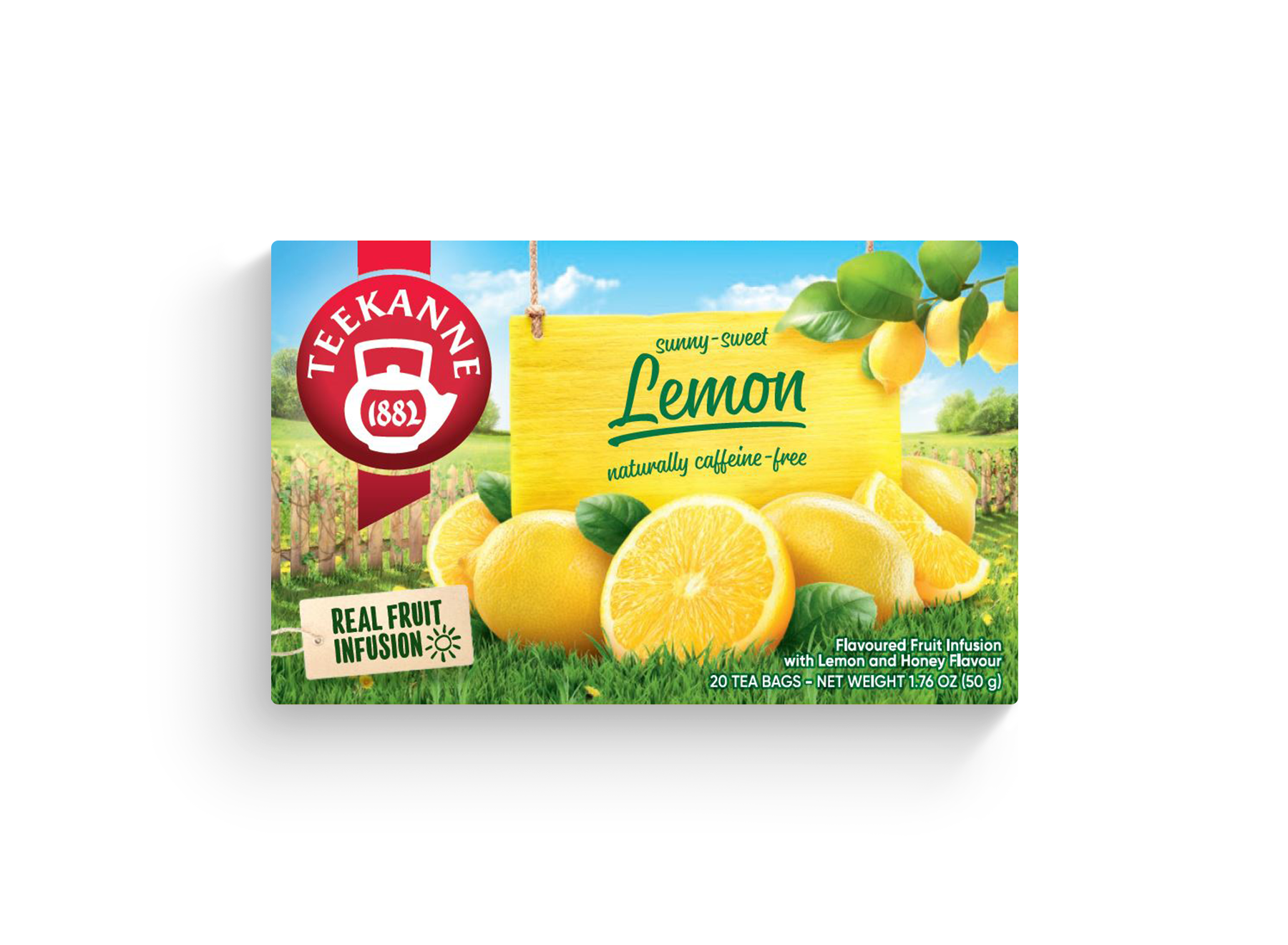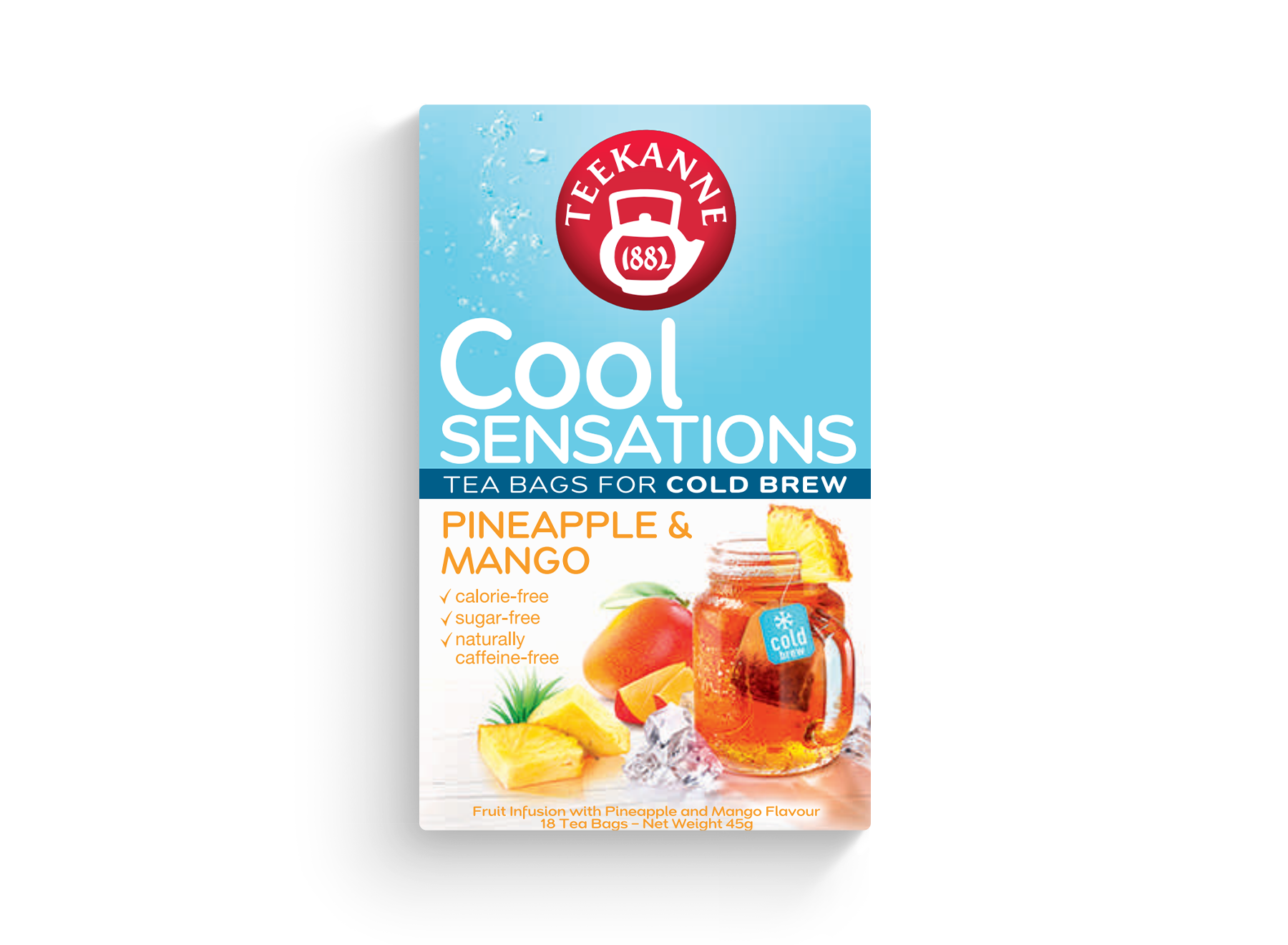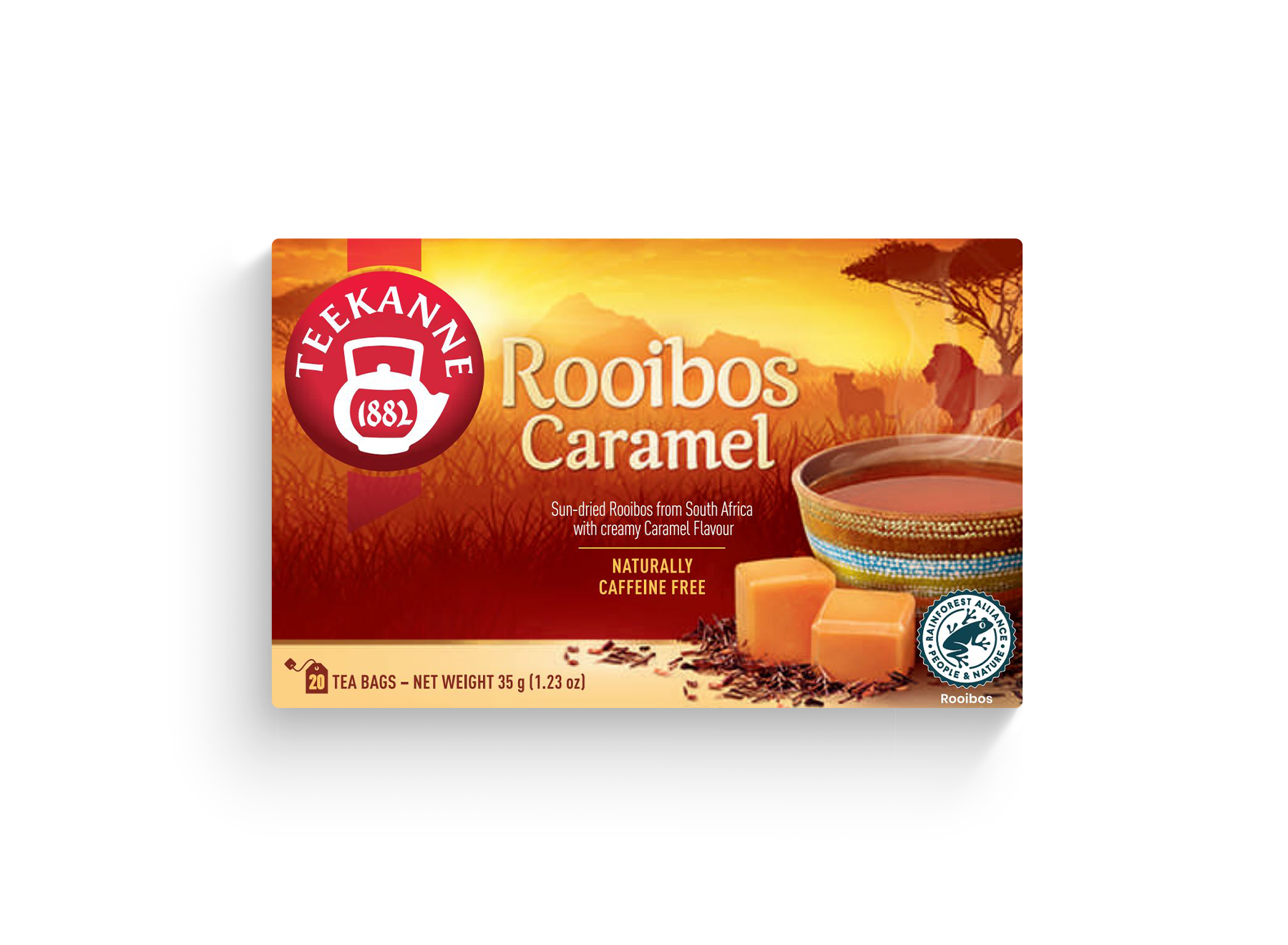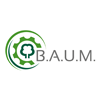Social commitment & partnerships
For us, acting sustainably also means acting socially, which is why we care about the well-being of the people from the countries of origin of our raw materials. This is why we cooperate with SOS Children’s Village and support international projects in selected countries. But we also work directly at the source for an improved living situation on the ground through targeted projects that we carry out together with our suppliers.
SOS Kinderdorf
As a family business, social commitment is particularly important to us. That is why we support SOS Children’s Village e. V. in improving the social situation of disadvantaged young people and families, both on our doorstep and in the countries of origin of our raw materials.
For example, we have taken on five village sponsorships for specifically selected SOS Children’s Villages abroad. The five foreign facilities are located in the TEEKANNE regions of origin India, Kenya, Ghana, Lesotho and Chile, from which we source some of our raw materials.
In Kenya and Ghana, we also support two projects for disadvantaged children. Kenya and Ghana are the countries of origin of our raw materials, nettles and orange peels.
Our company has had its headquarters in Dusseldorf since 1954. That is why it is important to us to be active here as well.By supporting the lunch table of the SOS Children’s Village in Dusseldorf, we want to improve the social situation of young people on our doorstep.
Lunch table SOS Children's Village Dusseldorf

In order to ensure support for families in the immediate vicinity, TEEKANNE is committed locally to the lunch table in Dusseldorf. Because even though Dusseldorf is perceived from the outside as a rich city, it is socially divided. For example, almost one in five children is affected by poverty. In the multigenerational house of the SOS Children’s Village in Garath, we reach these disadvantaged families and their children with various offers. The daily lunch table relieves those affected in everyday life and provides them with a cheap and, above all, healthy meal. We support this project financially and thus co-finance the open lunch table for 80 people.
SOS Children's Village in Kenya
In order to make a social commitment in our countries of origin,
our company supports the SOS Children’s Village in Kenya.
Kenya is affected by a food crisis and is struggling with major social
and economic challenges. More than half of the population
lives in poverty and agriculture and the drinking water supply suffer
frequent drought periods. Many people get sick, many
children become orphans and have to try to get by themselves and
their siblings.The SOS Children’s Village offers children and
young people the opportunity to grow up in a family environment
with their siblings. Currently, 300 children live in 30 children’s
villages in Meru and Kisumu. The donation amount can be used to
finance the monthly costs for, among other things, school
materials, food and heating costs of two SOS Children’s Village
families for one year.

SOS-Hermann-Gmeiner
International-College in Ghana

TEEKANNE is also donating to the SOS-Herman-Gmeiner International-College (HGIC) in Ghana, thus financing all costs incurred for two students for one year. The HGIC was founded in 1990 and provides students from all over Africa with a high school diploma and subsequent studies. Currently 348 young people from 14 different countries attend the HGIC, a third come from the SOS Children’s Villages. The small classes of 24 students not only ensure a high level of education, but also promote personality development. The philosophy of the HGIC is to empower young people to make a positive impact in their communities and in the world.
Teekanne projects in origin
For us, direct, long-term partnerships with our suppliers, as well as Rainforest Alliance, organic and Fairtrade certifications, through which we ensure compliance with social and environmental standards in our supply chain.
It is important for our social commitment as a company to achieve improvements to specific challenges through targeted projects in the countries of origin of our raw materials.

Growing project:
Ginger in India
In keeping with our purchasing mission “From the field to the cup”, it is important to us to source raw materials directly from the source. With the help of cultivation projects, we can not only pursue the goal of secure sourcing of raw materials, but also influence social aspects at the source. This is also the case in our current example, a cultivation project for ginger from India.
Training and supporting small farmers in India
Together with a long-standing supplier and the GiZ (German Society for International Cooperation), we support a project with the aim of promoting and strengthening sustainably integrated ginger cultivation in 28 villages in south-east India.In this region, it is mainly small and micro farmers who grow ginger, who face challenges such as lack of access to certified seeds and knowledge of sustainability standards, lower productivity or lack of marketing opportunities.
Our supplier works with approximately 800 small and micro farmers who receive regular training on cultivation practices, pest control, infrastructure support and certification procedures, as well as promoting greater participation of women farmers to promote gender equality.
What happens on site?
Strengthening the value chain
In addition to supporting the farmers, this project is also investing in the further processing of the ginger in order to expand capacity. Our investment has gone into an automated system for washing, peeling, cutting and drying the ginger, which quadruples the production capacity compared to the manual process.
High sustainability standards & social investment
The ginger cultivation is both organic and RFA-certified and therefore meets a very high sustainability standard. The purchase of RFA-certified raw materials includes an additional premium on top of the market price, which goes towards supporting growers and sustainable investment projects. Part of our premium payments is invested in the renovation of schools in the growing villages. The current schools consist of empty, leaky buildings with no seating. The funds are used to repair the roofs and procure school materials.
With this project, in addition to procuring the ginger and thus ensuring the availability of raw materials, we can also create added social value for the inhabitants of the farming villages and sustainable added value for agriculture.

Community project
Lesotho
What is the project in Lesotho about?
Together making the world a better place!
Together with our suppliers, we are always looking for new ways to drive sustainability and digitization, also with a focus on improving the living situation of all involved partners on the ground.We are very pleased that in 2023, together with our long-standing rosehip supplier in Lesotho, “The Rosehip Company”, we have found meaningful ways to support the local community.
Lesotho is an enclave in South Africa, a kingdom that is one of the 10 poorest countries in the world. There are difficult living conditions, basic supplies of basic food are challenging, biodiversity is threatened and a functioning infrastructure in the countryside is scarce.
In addition to the beehives, seedlings were also provided for each municipality. These support local self-sufficiency and help the very poor population with food security.
How could we help?
Biodiversity & nutrition
We focussed on the topics of bees, biodiversity and sustainability. To this end, we donated beehives to eight communities, which not only have an ecological effect as the bees pollinate the local flora, but also an economic effect for the local population. In addition to collecting rose hips, they can generate an income by selling the honey.
In addition to the beehives, seedlings were also provided for each community. These support local self-sufficiency and help the very poor population with food security.
Infrastructure & digitalisation
In addition, computers were provided for the offices of the municipal representatives, enabling them to connect to the internet and to file paperwork digitally.
With this project, we have made the lives of our local partners ‘a little bit better’ and at the same time strengthened the relationships between them.

Social Engagement with
TASTE THE GOOD LIFE
What was the Taste the Good Life project about?
Diabetes and high blood pressure are big problems in Carmién Tea communities, where about 40% of the permanent workforce are on medication for one of these diseases. Among them are many younger workers between the ages of 20 and 30. The main problems are mainly lifestyle and eating habits.
In particular, young children, for whom brain and body development is crucial and who are often exposed to sugary foods and drinks due to the lack of awareness of their parents.
Families do not have the knowledge to cook healthy, tasty and budget-friendly food and need practical advice and tips on how to make better use of their resources.

That’s where TEEKANNE and Carmién Tea came into play with the TASTE THE GOOD LIFE project!
TEEKANNE and Carmién Tea launched a joint project on healthy eating and health education in 2020 to promote healthy eating and raise awareness of healthy lifestyles among Carmién Tea’s employees and its suppliers.
An important part of the project was nutrition education group sessions, including cooking classes and nutrition education lessons based on the specific needs within the group. The first group session was held at the end of October 2020 and, according to the information and photos we received from Carmién Tea, was a great success. The project was launched at that time despite Covid-19, of course, taking into account all safety guidelines and rules that ensured the health of all involved. It was great to see that the cooking classes created a space where those who have lost loved ones due to Covid-19 have had the opportunity to reconnect with their community and have found their smiles again.
About Carmién

Carmién Tea is one of our major redbush suppliers based in the so-called Western Cape in South Africa. Redbush grows exclusively in the Western Cape, an area of approximately 60,000 hectares along the west coast of South Africa. Carmién Tea and TEEKANNE have been working together since 2004. We now purchase several hundred tons of redbush from Carmién Tea – of course 100% Rainforest Alliance certified.
Our long-term partnership is paying off, as Carmién Tea is one of our best suppliers and has been consistently among the top 6 in our supplier rating for the past five years.

The buzz must not be silenced
Creating new habitats for bees, raising awareness of biodiversity, promoting regional agriculture and products – the social project “BioBeenenApfel” realizes a lot of good freely according to the motto “The buzz must not go silent”. Participation is open to all those who care about ecologically sustainable farming methods and an increasing self-sufficiency of vegetables and fruit.
As a sustainable and social family business in the fourth generation, which distributes a natural product such as tea, we have been particularly interested in the responsible use of natural resources for 140 years.
“As a traditional company, we have been standing for high-quality products and innovation for over 140 years. To meet the challenges in the field of environment, we need a willingness to break new ground. With our teas, we can reach all parts of society and make people aware of the importance of natural and sustainable products. The company project ‘BioBienenApfel’ stands for taste with a clear conscience and brings people into action in protecting biodiversity. We want to support this initiative with our commitment and give the bee a voice.” That is why we, together with numerous partners and ambassadors, are financially committed to protecting bees and creating new habitats for pollinators.
TEEKANNE GMBH & CO. KG, #BEEnatural
